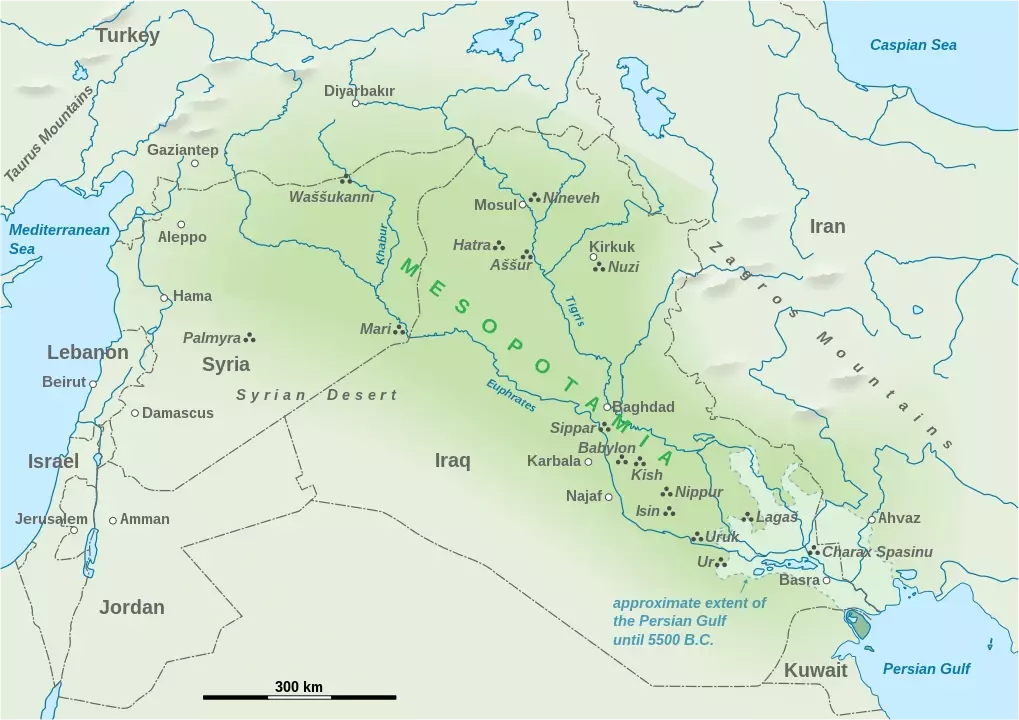The Bible was written over a long period of time, and it reflects the cultures of many different ancient civilizations, including Ancient Egypt, Ancient Mesopotamia, Ancient Greece, and Ancient Rome. By understanding these cultures, we can better understand the stories and messages of the Bible.
For example, the story of Noah's Ark is set in the context of a flood that is said to have destroyed the entire world. This story is similar to flood myths from other ancient cultures, such as the Epic of Gilgamesh from Mesopotamia. This suggests that the story of Noah's Ark may be based on a real event that was remembered and retold by different cultures.
The Bible also reflects the political and social realities of the ancient world. For example, the book of Exodus tells the story of the Israelites' liberation from slavery in Egypt. This story is set against the backdrop of the Egyptian empire, which was a powerful and oppressive force. The story of Exodus can be seen as a metaphor for the Israelites' struggle for freedom and independence.
By exploring the historical context of the Bible, we can gain a deeper understanding of its meaning and message. We can see how the Bible reflects the cultures and experiences of the ancient world, and how it can speak to our own lives today.
Here are some of the ways to explore the historical context of the Bible:
- Read books and articles about the history of the ancient world.
- Visit museums and archaeological sites that are relevant to the Bible.
- Take a course on the history of the Bible.
- Talk to scholars who study the Bible.
Exploring the historical context of the Bible can be a fascinating and rewarding experience. It can help us to better understand the Bible's message, and it can also help us to better understand ourselves and our place in the world.
